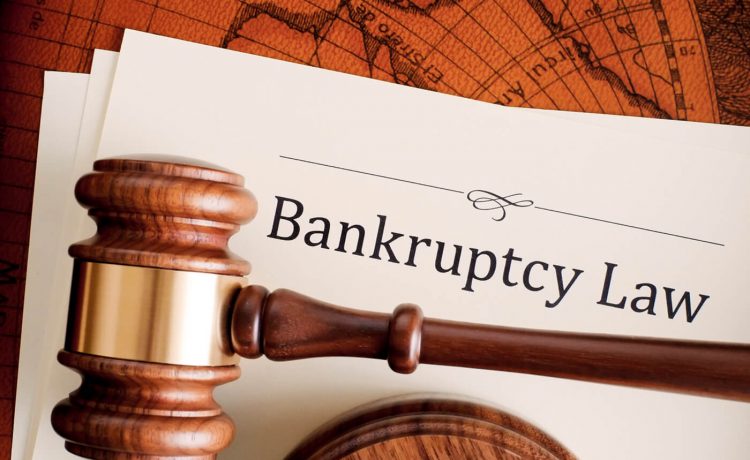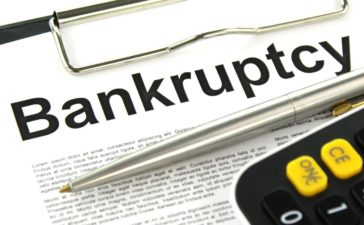People often wrongly assume that bankruptcy is the end of the road. Yes, bankruptcy has its implications for sure, but it could be a fresh start to financial independence. Before you decide on bankruptcy, you must meet an experienced attorney to know more about your circumstances. Sometimes, options like debt consolidation may actually help in resolving a financial issue. If you eventually decide to file for bankruptcy, you have two options – Chapter 7 bankruptcy and Chapter 13 bankruptcy. For Chapter 7 bankruptcy, you can find out here. In this post, we are discussing the basics about Chapter 13 bankruptcy.
What is Chapter 13 bankruptcy?
For those who have considerable assets and do not want to lose those, they can opt for Chapter 13 bankruptcy, which allows for a repayment plan. Under Chapter 13 bankruptcy, you get anywhere between three to five years, to repay your debts, without any additional interest. Once you have filed for Chapter 13 bankruptcy, there will be an automatic stay on collections, and the creditors cannot harass you any further. If you can maintain your mortgage payments as a part of the Chapter 13 bankruptcy plan, you don’t have to bother much about foreclosure either. If you are in Nevada, there’s the choice of Mortgage Modification Mediation Program, which allows room to settle mortgage disputes.
When is Chapter 13 bankruptcy ideal for someone?
- If you have considerable income or assets, you cannot file for Chapter 7 bankruptcy. In such circumstances, Chapter 13 bankruptcy may be the best choice.
- If you are worried about foreclosure, you may want to talk to an attorney, to understand whether you qualify for Chapter 13 bankruptcy. In case you are facing repossession of your vehicles, you can consider the option.
- This is also a good choice for people, who have a steady source of income, but haven’t been able to repay the bills and pending debts.
In short, Chapter 13 bankruptcy is ideal for anyone, who has a steady income source and can afford to repay the money as per the repayment plan. Chapter 13 bankruptcy is considered to be a great choice for those with assets, considering that they can still resolve their financial situation, without losing out on the assets. Keep in mind that each individual’s circumstances are different, and what may work for someone else may not be the best option for you.
Consider all aspects, including your assets, liabilities, and income, before you decide on bankruptcy. Let an attorney help you out on Chapter 13 bankruptcy.





